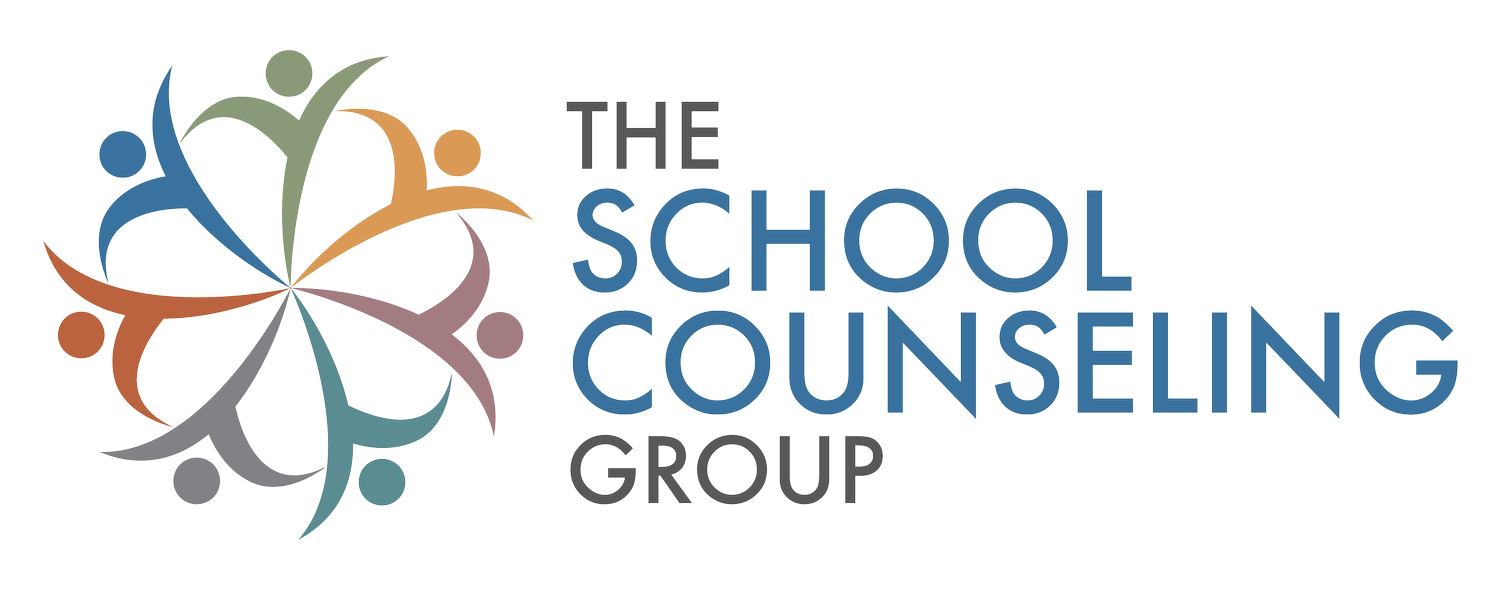Robo Soul
AI purportedly entered mainstream conversation with Alan Turing’s 1950 paper “Computing Machinery and Intelligence,” but artificial intelligence manifested to people like me with Siri and Alexa in the 2010s. More recently AI has exploded with the 2023 release of ChatGPT. If we are honest, most of us probably have only a fuzzy idea just how huge AI is in our daily life. But common sense says AI is pervasive and taking over.
Hopefully most Americans have some sense of the algorithms of social media as tools for mining, amplifying and directing/manipulating personal preferences around shopping and political ideology. As consumers, we are just beginning to understand how data mining may influence behavior and beliefs. If we achieve some consciousness, we have greater opportunity to make informed choices.
Tech-driven amplifiers, by nature, are exponentially powerful, since they are built upon the principle of learning. Their limitations/opportunities are only controlled only by the nature of hardware, software and programmers– how these machines are set up to “learn,” integrate and disseminate information, “insights,” and “opinions.”
Like any new paradigm, there are vast, positive potentials around AI. And as vast as these positive potentials may be, they are also complemented by disturbing “shadows” such as AI bots who “befriend” and even “counsel” susceptible individuals, some of whom, in extreme circumstances, have done great damage to themselves and others. How do we trust a machine and its experience to serve as an essential guide in answering life’s most important questions?
As educational consultants (school counseling), our mission is rooted in the inherent “relationality” of human nature. Though much of what we offer is hard-earned content and information, we also believe our services are relational, not transactional. If folks want basic content, they can find it through their own due diligence. If they want greater knowledge or nuance, they may broaden the scope and nature of their search, accessing knowledgeable and diverse sources of information and interpretation, including human experts. Sometimes, for reasons of expediency alone, folks engage consultants because they simply don’t have the time or inclination to become an expert themselves.
But more than this, we believe clients also value the benefits of experience, “wisdom,” and good sense. Clients seem to appreciate the “messy” dialectic of the client/consultant relationship: the essence of dialogue and collaborative process which generates and includes on-going reflection and learning. Clients want to work with a person they can “trust,” who projects values they intuitively “share and respect.” Though intuiting “trust” is not scientific or 100% reliable, we know it cannot be achieved robotically. Machines keep learning and making adjustments, and bots are awesome tools for accessing and organizing information, but we cannot look into their eyes to get a sense of their souls.

